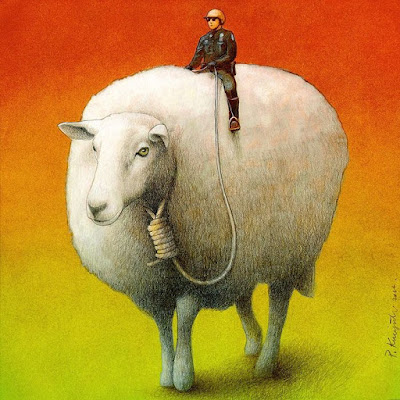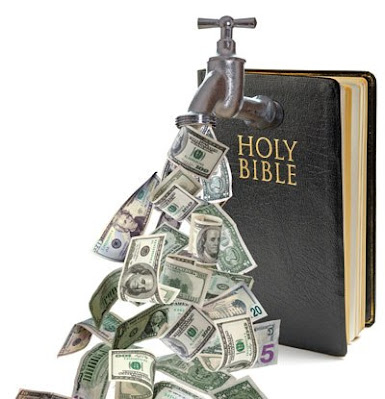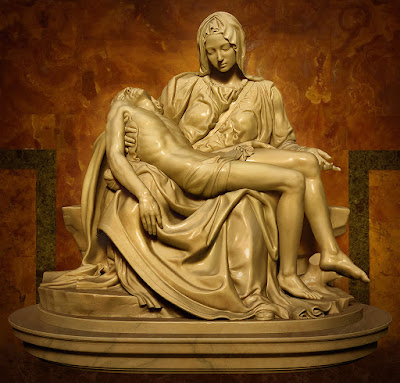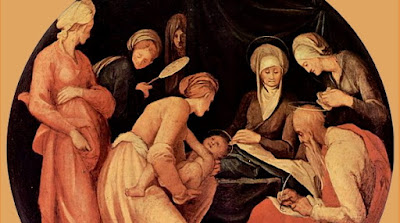JESUS SHEPHERD FOR THE ABANDONED SHEEP.

July 18, 2021. Sixteenth Sunday in Ordinary Time – B. READINGS: Jer 23:1-6; Ps 23:1-3, 3-4, 5, 6; Eph 2:13-18; Mk6:30-34. A British proverb says: “God gives his anger by weight, but his pity without measure.” And a Bayombe proverb adds: “A wrong step by the leader is a warning for those following.” Sheep without a shepherd are easy prey for a wild beast. When shepherds forget or resign from their primary task which is to take care of their sheep, these run the danger of getting lost, disoriented, in permanent danger. God has not created us to be lost sheep. But regrettably, the leaders to whom we are entrusted had dismission from their task. Therefore, the flock is at lost, erring in the lonely deserts of this life in search of comfort, consolation, and security. Where then will they find that comfort? The Lord himself promises to be the new leader of his sheep. He will be the one to care for them, lead them, and protect them. He will be their perfect and good shepherd, not lik...




